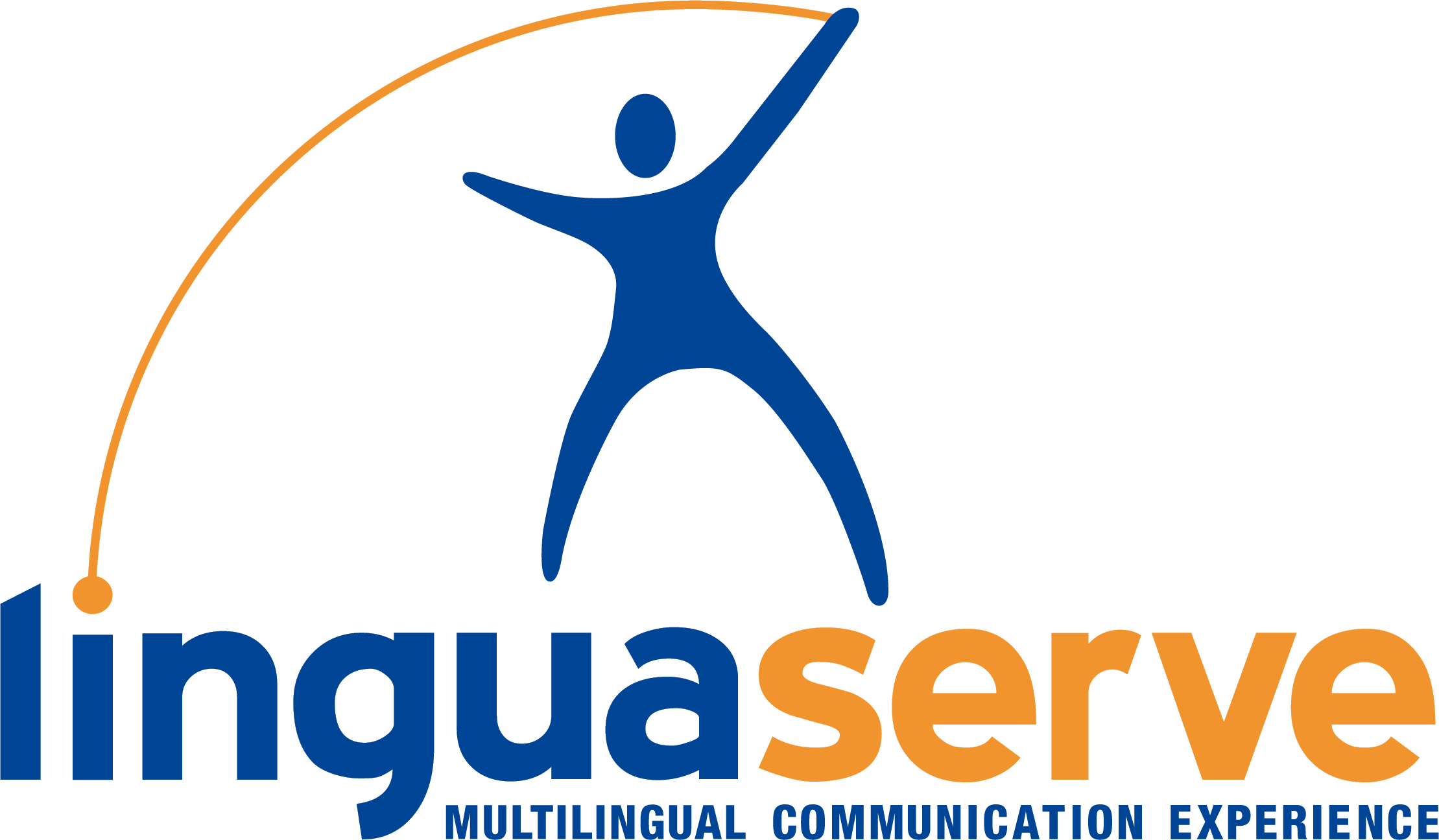Are you thinking about your future career? Are you interested in languages? If so, a degree in Interpretation and Translation could be a good option for you. Knowing what the degree consists of and the possible career opportunities will help you decide if it's a good fit for you.
What does a bachelor's degree in Interpretation and Translation consist of?
This degree combines theoretical and practical classes to bring you concrete knowledge on the chosen target language. The goal is for the future interpreter or translator to understand the language and culture with which they intend to work, so that they understand both the message and its subtleties.
Of course, specific translation classes are also part of the study program. They cover direct and inverse translation, as well as specializations in areas like technical-scientific and legal-administrative texts.
Students also study how to handle and create specific resources like dictionaries, glossaries, and termbases, which are essential tools for professionals in this field. Meanwhile, students are trained in the fundamentals of consecutive and simultaneous interpretation.
It goes without saying that, as the courses progress, the difficulty of the translation projects grows exponentially. In this sense, students work with specific texts like instruction manuals or medical manuals.
In short, during the four years of this degree, students work to gain a practical knowledge of their respective target language. Additionally, other resources are provided so that students can write and document themselves in their language of interest.
Lastly, we want to highlight that the current educational training in translation and interpretation goes beyond merely editing texts. In fact, today, many work in the video game industry, localization, sight translation, and bilateral interpretation.
Career opportunities
Post-secondary studies in interpretation and translation offer numerous professional opportunities, depending on your specialization. You can work at international companies, law firms, or national and international organizations.
If you prefer interpretation, you’ll find a range of career opportunities in congresses, exhibitions, and events for the tourism and business sectors.
You can also work as a translator and editor in print media or as a teacher in public and private institutions in your specialty language.
Are you looking for work in a trending sector? Translators and interpreters are always welcome in the video game and audiovisual sectors, where you can even work in dubbing and subtitling. Lastly, these professionals are also needed for linguistic and cultural mediation.
In short, you can see that a degree in language interpretation and translation is eminently practical and includes specific content so that language lovers can have the tools they need to communicate in the language that interests them.
As we said before, it is not enough to know two languages to be a translator; you need an in-depth knowledge of the processes, tools, and methodologies used in translation for a truly professional result, something that only a duly trained translator can guarantee.







